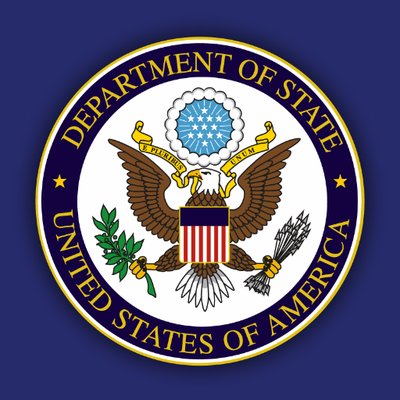The last decade has witnessed a China that has actively contributed to issues in the Middle East, but unfortunately it has not been sufficiently noticed in the West. In the long run, China will still be a reactive player in the region, but its contributions will grow, and its role will become more important.
The West frequently criticizes China for its not contributing adequately to the Middle East. They argue that China has become the second largest oil importer from the Middle East, but that China has actually depended on the US for protection of the stability of the Middle East and the security of the marine line from the Gulf to China’s east coast via the Hormus Straits, Indian Ocean and the Malacca Straits. And they are also dissatisfied with China for being unwilling to join with the US in the region.
They further argue that China should invest more, since the US will reduce its dependence on Middle East energy, while China’s import of energy will grow and will likely surpass US import in the coming years.
There is nothing wrong with expecting China to contribute more to the Middle East, and hopefully China will do so, but the allegations that China has contributed little to the Middle East is far from the truth. On the contrary, China has contributed a lot to the Middle East both on economic and security issues.
Though widely regarded as a major power with global influence, China is still a developing country. Therefore, China’s contribution has mainly been in economic areas, including economic and trade cooperation, direct investment and assistance for humanitarian causes. There are numerous examples.
The China-Egypt Suez Economic and Trade Cooperation Zone, located near the Suez Canal, attracted 49 companies with investment totaling 524 million U.S. dollars by the end of 2012. China’s investment in Sudan, heavily criticized by the West, has not only benefited the Sudanese government but, more importantly, has benefited the Sudanese people by creating more jobs.
China’s economic contribution certainly goes beyond this. China’s increasing import of oil from Gulf countries is one of the major reasons for these countries’ sustainable economic growth, even in the face of the recent global financial crisis. According to statistics, China’s yearly import of oil from Saudi Arabia reached 500 million tons in the past several years.
China has been a frequent donor of aid for improving the living conditions of people in humanitarian crises, including those in Palestine, Sudan, and Lebanon. China has also given assistance to relieve the humanitarian crisis during the Syrian domestic conflict. According to a speech on September 27 given by Wang Yi, China’s Foreign Minister, China has given emergency humanitarian material aid to Jordan worth RMB15 million, and more emergency humanitarian aid in cash worth RMB24 million to the World Food Program and the World Health Organization for displaced people within Syria and Lebanon.
It is not fair for the West to criticize China. Rather, they should appreciate what China has been doing. In the future, China will be able to contribute more to the region with its own economic development.
China has also significantly contributed to security issues in the Middle East through the United Nations. China has consistently dispatched troops to UN peace-keeping missions for maintaining peace between Lebanon and Israel, and between the conflicting parties of the former Sudan. And China contributed a flotilla under the umbrella of the UN safeguarding sea-lanes in the Arab seas.
Hopefully, China will be able to economically contribute more to the Middle East. China’s involvement in security issues will also grow.
There is also the question of whether the US and the West will accept China to play a bigger role in the region?
All in all, China will be both willing and able to contribute more to Middle East issues, though it is still a reactive actor with a limited role, while the US and the West will still be dominant powers trying to balance their ambitions and capabilities. The Middle East should be a region in which major powers can have positive interactions and cooperation for the benefit of the people in the region.
Dr. Jin Liangxiang is a research fellow at the Shanghai Institute for International Studies.


